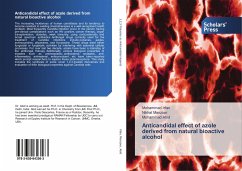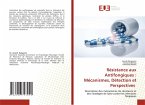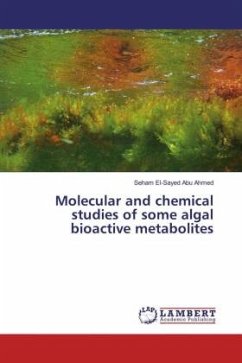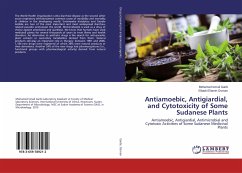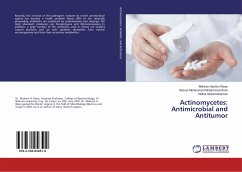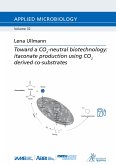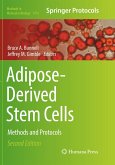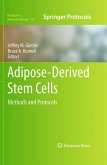The increasing incidences of human candidiasis and its tendency to become resistant to existing chemotherapies is a well-recognised health problem. Most frequently Candida infection occur in the person having pre-clinical complications such as HIV positive, cancer therapy, organ transplantation, diabetes, week immunity, using corticosteroids and broad spectrum antibiotics. Antifungal drugs currently used for the treatment of Candida infections include polyenes, azoles, echinocandins, allyamines, and flucytosine. These drugs exert either fungicidal or fungistatic activities by interfering with essential cellular processes. For over last two decade, azoles have been a mainstay of the antifungal therapy. Additionally, various biological properties of triazoles such as antineoplastic, antibacterial, analgesic, anti-inflammatory, antimalarial, anticonvulsant, etc have been reported which prompt researchers to explore these pharmacophore. This study includes the synthesis of some novel1,2,3-triazole derivatives and evaluation of their biological properties against Candida cells
Bitte wählen Sie Ihr Anliegen aus.
Rechnungen
Retourenschein anfordern
Bestellstatus
Storno

